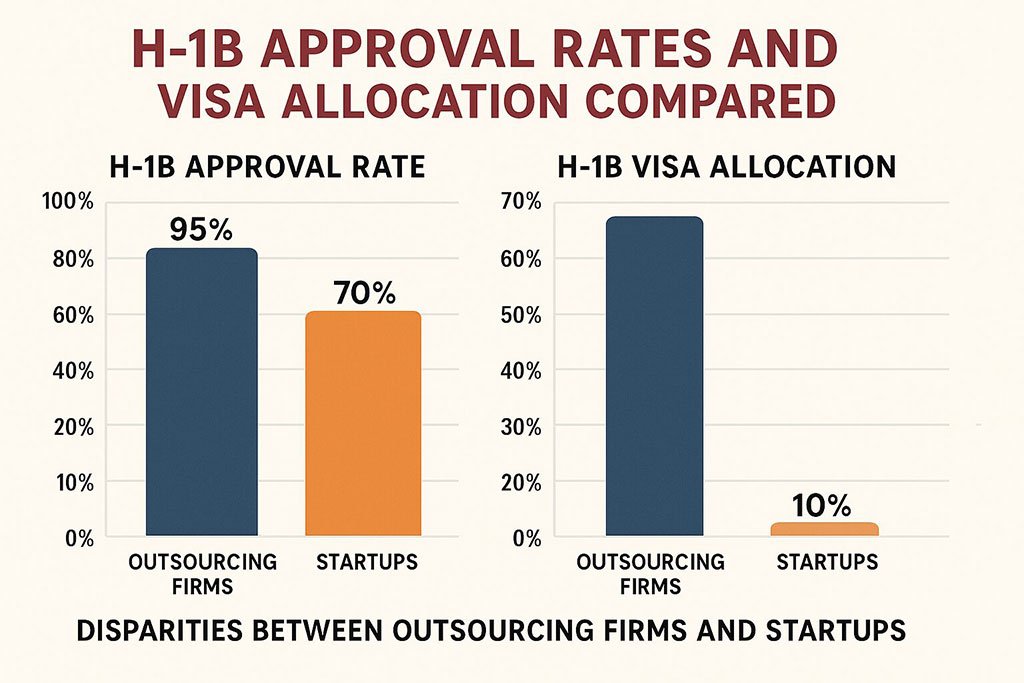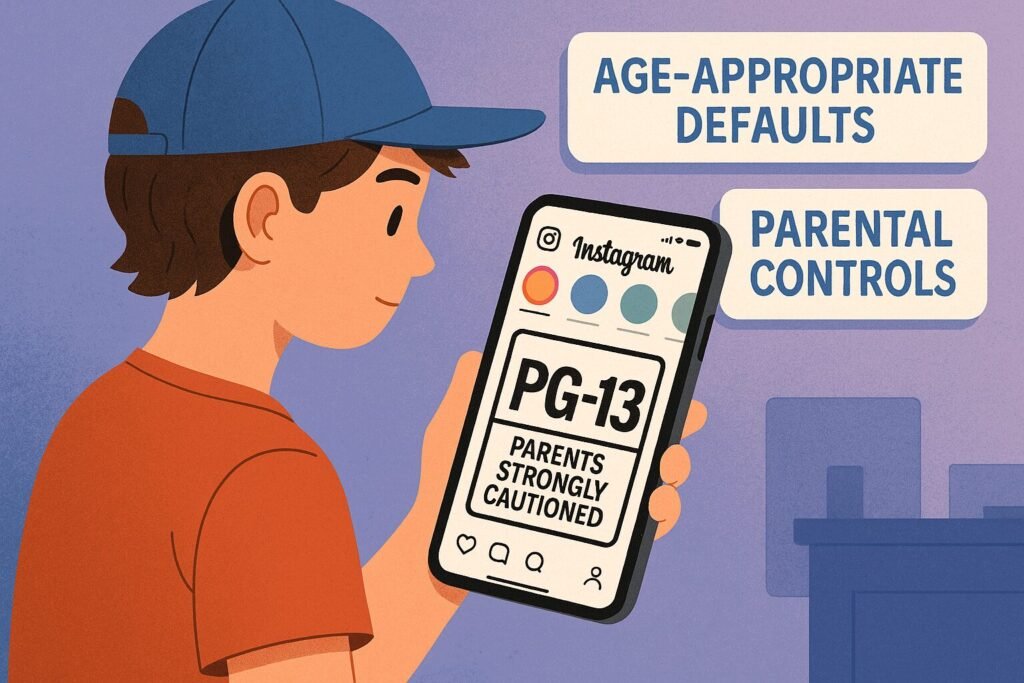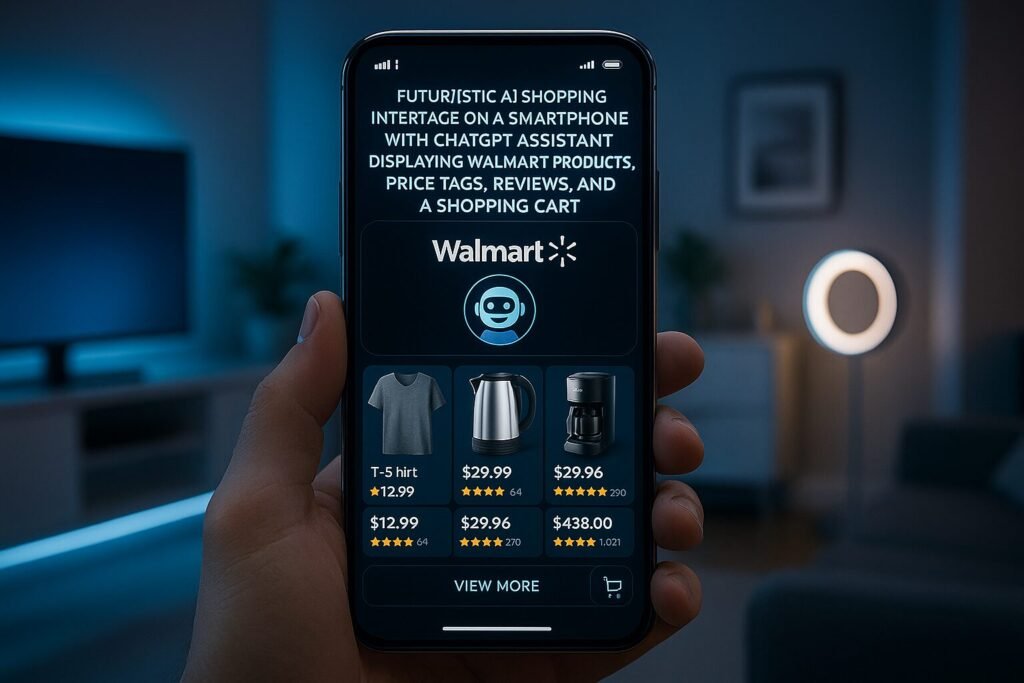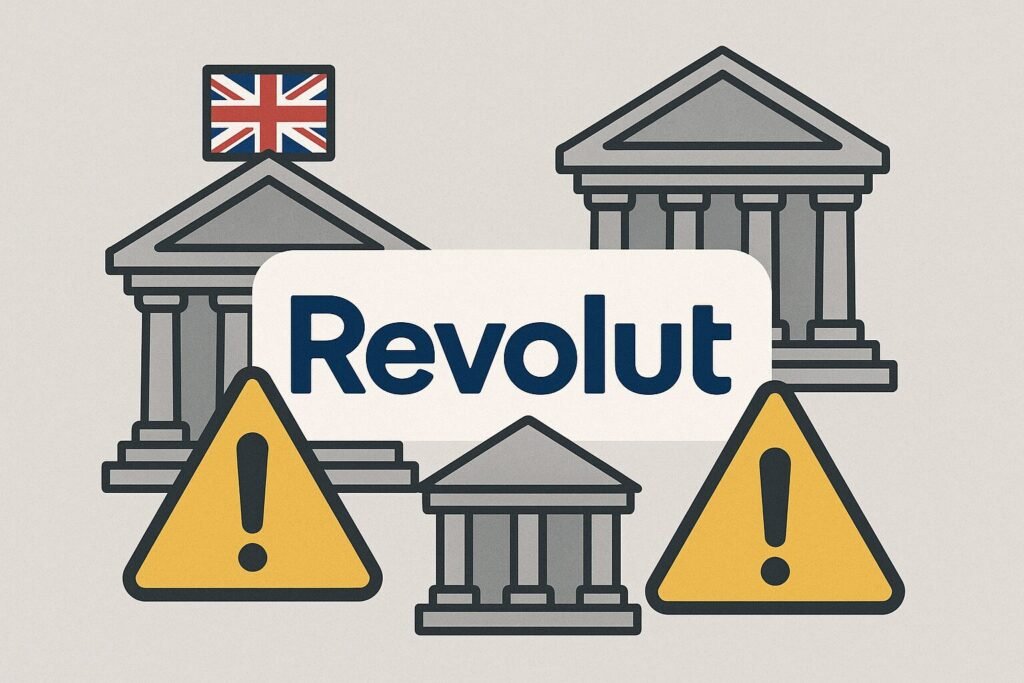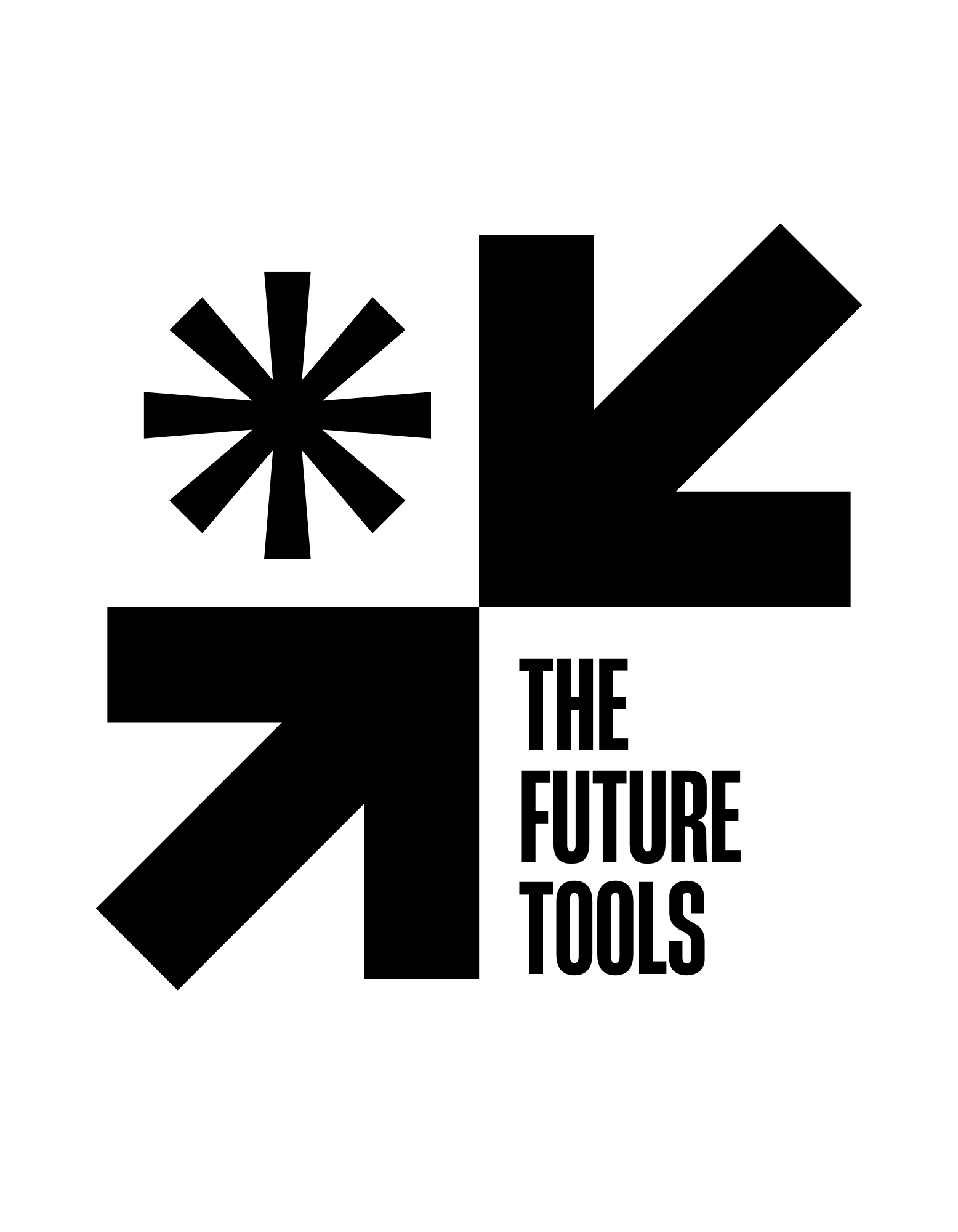Now Reading: Mark Cuban Takes on America’s $5 Trillion Healthcare Industry
-
01
Mark Cuban Takes on America’s $5 Trillion Healthcare Industry
Mark Cuban Takes on America’s $5 Trillion Healthcare Industry

Mark Cuban, the billionaire entrepreneur, investor, and outspoken critic of inefficiencies, has set his sights on disrupting America’s $5 trillion healthcare industry. Known for his bold ventures and sharp business acumen, Cuban’s latest mission targets one of the most complex and costly sectors in the United States. With his company, Cost Plus Drugs, and his vocal advocacy for transparency and affordability, Cuban is challenging the status quo, aiming to reshape how Americans access healthcare services and medications. This article explores Cuban’s initiatives, the challenges he faces, and the potential impact of his efforts on an industry ripe for transformation.
The Healthcare Crisis: A $5 Trillion Problem
The U.S. healthcare industry is a behemoth, accounting for nearly 18% of the nation’s GDP. In 2023, healthcare spending reached an estimated $5 trillion, driven by rising costs of prescription drugs, hospital services, and administrative inefficiencies. Despite this massive expenditure, Americans face some of the highest per-capita healthcare costs in the world, with outcomes that often lag behind other developed nations. High drug prices, opaque pricing models, and convoluted insurance systems have left consumers frustrated and financially burdened.
Cuban, never one to shy away from a challenge, identified these pain points as opportunities for disruption. His approach is rooted in a simple philosophy: cut out the middlemen, increase transparency, and deliver value directly to consumers. Through Cost Plus Drugs, Cuban is tackling one of the most visible issues—skyrocketing prescription drug prices—while also advocating for broader systemic changes.
Cost Plus Drugs: A Game-Changer in Pharmaceuticals
Launched in 2022, Cost Plus Drugs is Cuban’s direct-to-consumer online pharmacy that aims to bypass traditional pharmaceutical supply chains. The company operates on a transparent pricing model: it sells generic drugs at a 15% markup over the wholesale cost, plus a small pharmacy fee. This approach eliminates the opaque pricing structures that often inflate drug costs through pharmacy benefit managers (PBMs) and other intermediaries.
For example, a generic drug that might cost $100 through traditional pharmacies could be available for as little as $10-$20 through Cost Plus Drugs. By 2025, the company had expanded its offerings to over 2,000 medications, covering conditions from diabetes to cancer. Cuban’s model has resonated with consumers, with the platform reporting millions of dollars in sales within its first year and partnerships with major employers to provide affordable medications to employees.
The success of Cost Plus Drugs lies in its simplicity and transparency. Unlike traditional pharmacies, which often hide the true cost of drugs behind complex insurance negotiations, Cost Plus Drugs lists its prices openly. This empowers consumers to make informed decisions and avoid the sticker shock that often accompanies prescription purchases. Cuban’s initiative has also pressured competitors to reevaluate their pricing strategies, sparking a ripple effect across the industry.
Challenging the Status Quo: Cuban’s Broader Vision
Beyond Cost Plus Drugs, Cuban is advocating for systemic changes in healthcare. He has been vocal about the need to dismantle the influence of PBMs, which act as intermediaries between drug manufacturers, pharmacies, and insurers. PBMs have been criticized for driving up costs by negotiating rebates that benefit themselves rather than consumers. Cuban argues that this system prioritizes profits over patients, and he’s pushing for reforms to increase competition and accountability.
Cuban has also called for greater price transparency in hospitals and clinics. Currently, patients often receive bills with little understanding of how costs are determined. Cuban’s vision includes standardized pricing models where patients know upfront what they’ll pay for procedures, much like shopping for any other service. This transparency could force providers to compete on price and quality, ultimately benefiting consumers.
Additionally, Cuban has invested in healthcare startups that leverage technology to improve efficiency. From AI-driven diagnostics to telehealth platforms, he sees innovation as a key driver of change. By backing companies that prioritize patient outcomes over bureaucracy, Cuban is fostering a new ecosystem of healthcare solutions that challenge entrenched players.
The Challenges of Disrupting Healthcare
Despite his ambitious goals, Cuban faces significant hurdles. The healthcare industry is deeply entrenched, with powerful stakeholders—pharmaceutical companies, PBMs, insurers, and hospital systems—that benefit from the current system. These entities have substantial lobbying power and influence over policy, making reform difficult. For instance, PBMs control a significant portion of the prescription drug market, and their resistance to Cuban’s model has been fierce.
Regulatory challenges also loom large. The healthcare industry is heavily regulated, with complex rules governing drug distribution, pricing, and patient care. While Cost Plus Drugs operates within these regulations, scaling its model to include more complex medications, such as biologics, requires navigating a labyrinth of approvals and compliance issues. Cuban’s team has acknowledged the need for strategic partnerships with manufacturers and regulators to expand their reach.
Consumer adoption is another obstacle. While Cost Plus Drugs has gained traction, many Americans remain tied to traditional pharmacies through insurance plans or lack awareness of alternatives. Educating the public about new options and building trust in a disrupted system takes time and resources. Cuban’s high-profile status helps, but changing consumer behavior on a large scale is a slow process.
The Ripple Effect: Industry-Wide Impact
Cuban’s efforts are already influencing the healthcare landscape. Competitors like Amazon Pharmacy and Walmart have introduced their own low-cost drug programs, signaling a shift toward consumer-friendly models. Large employers, frustrated with rising healthcare costs, are partnering with Cost Plus Drugs to provide affordable medications to their workers. This trend could pressure insurers and PBMs to rethink their approaches, as employers demand better value for their healthcare dollars.
Moreover, Cuban’s advocacy for transparency is gaining traction. In 2024, several states passed laws requiring hospitals to publish price lists for common procedures, a move Cuban has publicly supported. These policies align with his vision of empowering consumers with information, forcing providers to compete on price and quality rather than relying on opaque billing practices.
Cuban’s influence extends to public discourse as well. His frequent appearances on media platforms, including his role on Shark Tank and his active presence on social media, amplify his message. By framing healthcare reform as a consumer rights issue, he’s rallying public support and putting pressure on policymakers to act. His ability to distill complex issues into relatable terms has made him a powerful voice in the debate.
The Future of Healthcare with Cuban’s Influence
Looking ahead, Cuban’s impact on the healthcare industry could be transformative, but it won’t happen overnight. Scaling Cost Plus Drugs to include a broader range of medications, including brand-name drugs, is a key priority. Partnerships with major healthcare providers and insurers could help integrate his model into mainstream healthcare, making affordable drugs more accessible.
Cuban’s broader vision for systemic change—transparency, competition, and technology—requires collaboration with policymakers, providers, and consumers. While he has the resources and influence to drive change, overcoming entrenched interests will demand sustained effort. If successful, Cuban could help usher in an era where healthcare is more affordable, transparent, and patient-centered.
His approach also highlights the role of entrepreneurship in solving societal problems. By leveraging his business expertise and willingness to challenge conventions, Cuban is proving that innovation can disrupt even the most complex industries. Whether through Cost Plus Drugs or his advocacy, he’s laying the groundwork for a healthcare system that prioritizes people over profits.
A Maverick’s Mission
Mark Cuban’s foray into the $5 trillion healthcare industry is a bold move that reflects his entrepreneurial spirit and commitment to change. Through Cost Plus Drugs, he’s tackling one of the industry’s most pressing issues—drug affordability—while advocating for broader reforms that could reshape healthcare delivery. The challenges are immense, but Cuban’s track record suggests he’s not one to back down. As he continues to disrupt the status quo, the healthcare industry may finally start to prioritize patients over profits, thanks to his relentless pursuit of a better system.







